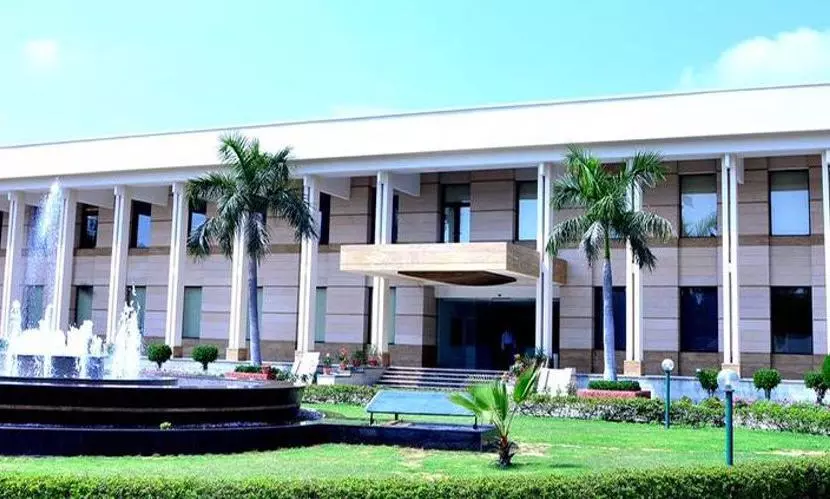
Explained: Why Afghanistan embassy in India shut doors; what happens now
The ambassador and other senior diplomats, appointed by West-backed former president Ashraf Ghani, have left for Europe and the US

The Afghanistan embassy in New Delhi suspended operations from Sunday (October 1), with the ambassador and other senior diplomats, appointed by West-backed former president Ashraf Ghani, leaving for Europe and the US. So, what went wrong and what will be the fate of the embassy, the diplomats, and students on scholarships? Here is all we could find out.
What the Afghanistan embassy said
The Afghanistan embassy has made some allegations about a lack of support from India, about their own failure to serve Afghanistan’s interests, and staff shortage.
In a statement, the Afghanistan embassy has claimed that the lack of support from India hindered their ability to perform their duties effectively. The Indian government has not made any statement in response.
The embassy has also acknowledged their “shortcomings in meeting the expectations and requirements necessary to serve the best interests of Afghanistan and its citizens” due to the lack of Indian support and the “absence of a legitimate functioning government in Kabul”.
Also, the Afghan embassy has said a shortage of personnel and resources, resulting from delay in visa renewal for diplomats, made it challenging for them to continue operations.
Some topsy-turvy months
India does not recognise the Taliban government that was set up two years ago after overthrowing the elected government in Afghanistan. While India closed its own embassy in Kabul in 2021, it had allowed the Afghanistan embassy to continue operations under Ambassador Farid Mamundzay and other mission staff, who had been appointed by former president Ashraf Ghani, who fled Kabul in 2021. Their task was to issue visas and handle trade matters.
But trouble had been brewing since earlier this year, when reports had emerged about the Taliban appointing a charge d’affaires to head the mission. Qadir Shah, working as a trade councillor at the embassy since 2020, wrote to the external affairs ministry in late April claiming he had been appointed as the charge d’affaires by the Taliban. However, the embassy later stated that there was no change in its leadership.
But when reports about the Afghanistan embassy shutting its doors emerged again recently, sources in the foreign affairs ministry had been quoted by media reports as saying that they were examining the “authenticity” of such communication.
However, the embassy’s closure statement has said it “categorically refutes any baseless claims regarding internal strife” among embassy staff, and denied that any diplomats were “using the crisis to seek asylum in a third country”.
Fate of diplomats, embassy, and students
According to media reports, at least five Afghan diplomats have already left India, taking asylum in Europe and the US. The diplomatic compound will be in the care of the Indian government. The embassy has requested Delhi to permit hoisting of the Afghan flag over the premises and facilitating the smooth transition of the mission’s assets to a “legitimate government in Kabul in future”.
There have been no comments from Taliban officials in Kabul yet.
India still has a small mission in Kabul to facilitate trade, humanitarian aid, and medical support. It’s one of a dozen countries to do so. While bilateral trade reached $1.5 billion in 2019-2020, it fell drastically after the Taliban government took office.
Around mid-September, hundreds of Afghan college students, who have continued to live in India despite the expiry of their student visas, demonstrated in Delhi to urge the Indian government to extend their stay. They are reluctant to return home due to fears of possible reprisal and a lack of opportunities. On the other hand, their stipends were stopped by the Indian government.
News agency Reuters had quoted Kumar Tuhin, director general of the Indian Council for Cultural Relations (ICCR), a unit of the Ministry of External Affairs, as saying that no student would be forced to leave the country against their wishes, and that the ministry would soon decide on the scholarships issue. There is still no statement on the fate of those students.
(With agency inputs)

